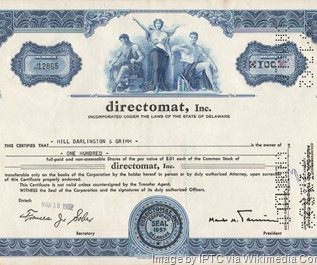Startup Stock Options – Why A Good Deal Has Gone Bad
Steve Blank
APRIL 10, 2019
VC’s have just changed the ~50-year old social contract with startup employees. In doing so they may have removed one of the key incentives that made startups different from working in a large company. For most startup employee’s startup stock options are now a bad deal. Why Startups Offer Stock Options.


































Let's personalize your content